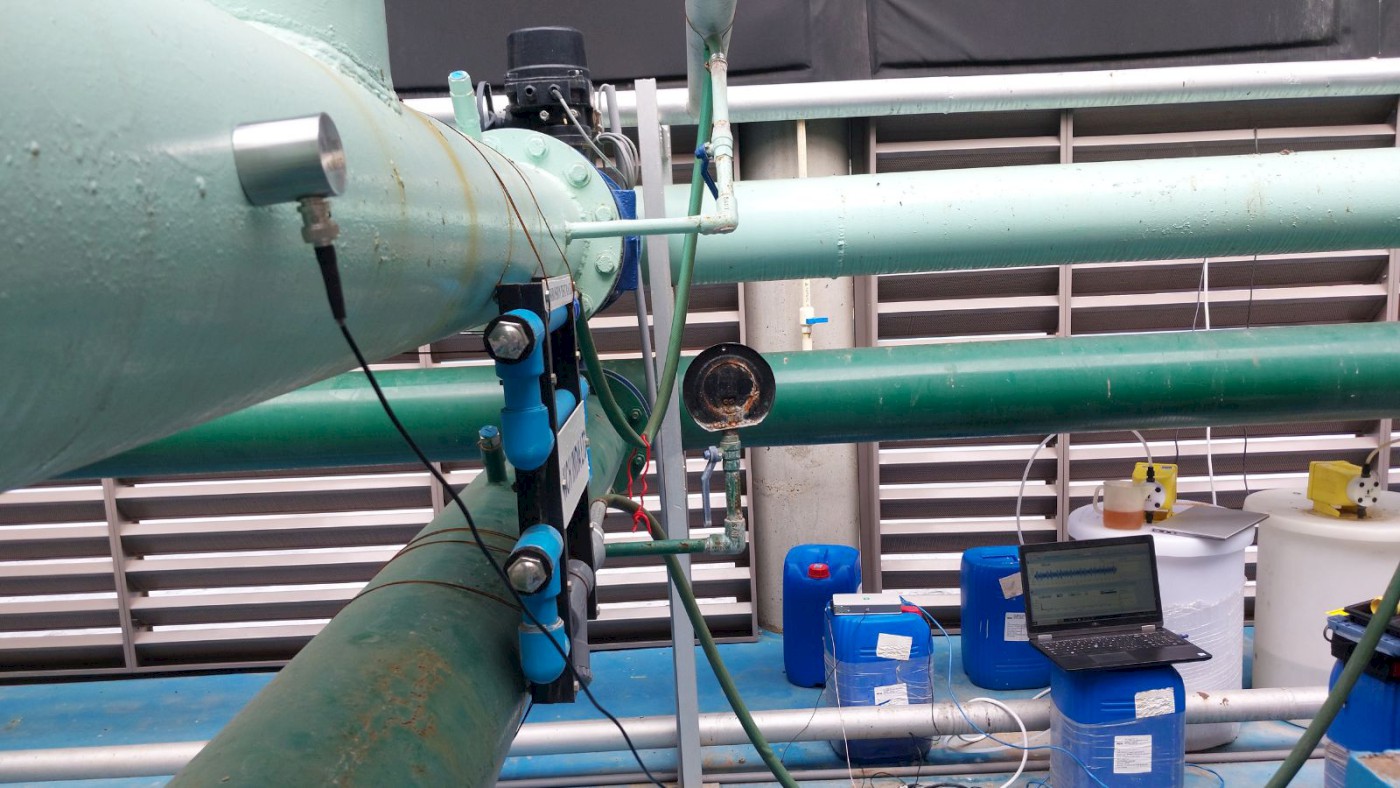
The problem of detecting leaks in pipelines transporting liquid and gas resources, such as water, oil, and natural gas, has perplexed engineers worldwide. This problem is complicated because each fluid behaves differently, making it impossible to apply a universal solution, adding to the challenge. Environmental threats often resulting from pipeline leakages call for innovation that can lead to early detection, thus also helping prevent economic losses.
In his research project, Akhand Rai, Assistant Professor at the School of Engineering and Applied Science at Ahmedabad University, an expert in condition monitoring systems and predictive maintenance, is experimenting with acoustic emission (AE) sensors to detect pipeline leaks, conducting laboratory and field tests.
Funded by the Science and Engineering Research Board (SERB), the research spans multiple disciplines, including mechanical engineering, where understanding the behaviour of fluids and machine dynamics is crucial, along with emerging technologies, including Artificial Intelligence (AI) applications and machine learning tools for signal processing and data analysis, providing more accurate and faster identification of leaks and faults.
Professor Rai's research integrates AI to create a leak detection system to identify early-stage leaks. His research shows how AI enhances diagnostic accuracy and improves productivity by detecting potential issues early, preventing sudden and unexpected failures. Using AE sensors, the system will detect stress waves emitted by leaking fluids, allowing for the identification of leak characteristics. AI and data analytics have further enhanced several data-driven techniques for AE-based leak detection. Machine learning (ML) algorithms, cross-correlation analysis, and signal processing methods filter AE signals for more accurate leak localisation.
Professor Rai, recently featured in Stanford University's World's Top 2% Scientists 2024 list for his influential work in Electrical and Electronic Engineering, Analytical Chemistry, and Engineering, mentioned how leveraging AI can transform these areas. Sharing details of his research, Professor Rai mentioned how AI techniques are replacing traditional signal processing methods, providing greater accuracy and speed. He emphasised how this transition reduces reliance on highly specialised personnel and safeguards human lives by reducing the risks associated with dangerous work environments. Additionally, the unique feature of adaptability to challenges posed by various fluids makes it a sought-after solution to leak detection problems.